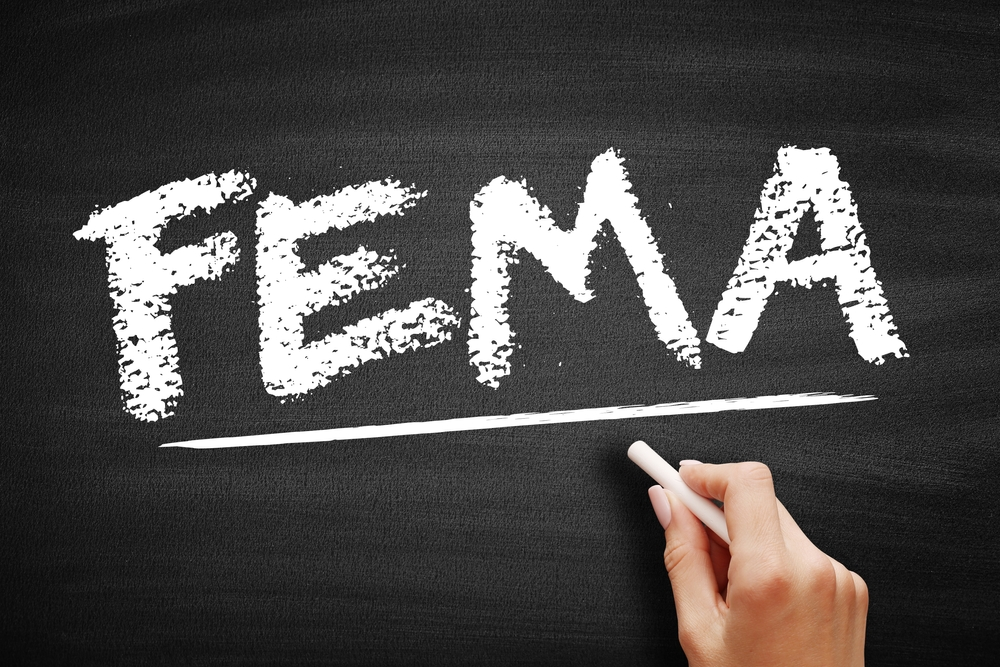The Foreign Exchange Management Act (FEMA), 1999 is India’s primary law regulating foreign exchange and cross-border financial transactions. It replaced the older Foreign Exchange Regulation Act (FERA), 1973, to simplify procedures and make India’s foreign exchange system more trade-friendly. FEMA is crucial for the banking and financial sector because most foreign currency transactions flow through banks, making them responsible for monitoring and compliance.
What is Foreign Exchange Management Act 1999?
Foreign Exchange Management Act 1999 (FEMA) is a civil law designed to facilitate external trade and payments while preventing illegal foreign exchange activities under Anti-Money Laundering (AML) Laws. Unlike FERA, which treated violations as criminal offences, FEMA focuses on regulation, compliance, and penalties. The law empowers the Reserve Bank of India (RBI) and other authorities to supervise foreign exchange dealings and ensure that cross-border transactions comply with legal and procedural requirements. FEMA also aligns India with international standards on foreign exchange management.
Objectives of FEMA
The Act was enacted with a clear vision to promote orderly development of India’s foreign exchange market and protect the economy from illegal transactions. Its objectives focus on balancing facilitation of trade with prevention of misuse.
- Regulate foreign exchange transactions in India.
- Facilitate external trade and payments.
- Promote foreign investment under prescribed rules.
- Prevent illegal dealings in foreign exchange.
- Ensure proper record-keeping and reporting by banks and authorized persons.
- Provide civil penalties for violations rather than criminal prosecution.
Important Provisions of FEMA
FEMA contains provisions that directly impact banks, financial institutions, and individuals dealing with foreign exchange.
- RBI is empowered to regulate and monitor all foreign currency transactions.
- Banks and authorized persons must maintain records of all foreign exchange dealings.
- Capital account transactions, such as foreign direct investment or outward remittances, require RBI approval.
- Unauthorized dealings in foreign exchange are prohibited.
- Penalties for violations are civil in nature and calculated based on transaction value.
Understand more about AML, check the IIBF AML KYC Online Coaching with Certification
Obligations of Banks and Financial Institutions
Banks are the first line of defence against illegal foreign exchange transactions. Under FEMA, they have specific responsibilities to ensure compliance with legal requirements.
- Monitor all cross-border and foreign currency transactions.
- Ensure proper documentation for remittances and foreign investments.
- Conduct due diligence on clients engaging in foreign exchange transactions.
- Report suspicious or unauthorized transactions to RBI.
- Maintain accurate records to allow audits and regulatory checks.
Enforcement Agencies under FEMA
FEMA enforcement involves multiple authorities to ensure effective monitoring and compliance.
- Reserve Bank of India (RBI) regulates foreign exchange and monitors transactions.
- Directorate of Enforcement (ED) investigates violations and imposes penalties.
- Adjudicating Authorities decide on contraventions and levy fines.
- Appellate Tribunals hear appeals against orders of Adjudicating Authorities.
Punishments and Penalties under FEMA
| Provision | Punishment |
| Contravention of rules | Civil penalties up to three times the amount involved in the transaction |
| Unauthorized dealings | Fine imposed based on transaction value; no imprisonment |
| Failure to maintain records | Monetary penalties and possible restrictions on foreign exchange dealings |
FEMA and its Importance for the Banking Sector
The banking sector plays a critical role in implementing FEMA regulations. Banks act as gatekeepers, ensuring that foreign currency flows are legal, documented, and compliant with RBI guidelines. Proper adherence to FEMA protects the economy from illegal inflows and outflows, maintains financial stability, and strengthens India’s credibility in global trade and investment. For exam aspirants, FEMA is frequently tested in banking awareness, regulatory compliance, and general awareness sections.
| AML Laws |
| Foreign Exchange Management Act, 1999 |
| NDPS Act, 1985 |
| Insurance Act, 1938 |
| Life Insurance Corporation Act, 1956 |
| Anti-Money Laundering Laws |
FAQs
Q1: When was FEMA enacted?
Ans 1: FEMA was enacted in 1999 and came into force on 1 June 2000.
Q2: What is the main purpose of FEMA?
Ans 2: To regulate foreign exchange transactions, facilitate trade and investment, and prevent illegal currency dealings.
Q3: Who enforces FEMA in India?
Ans 3: The Reserve Bank of India (RBI) is the primary authority, supported by the Directorate of Enforcement and Adjudicating Authorities.
Q4: Are violations under FEMA criminal offences?
Ans 4: No, FEMA violations attract civil penalties, unlike FERA which treated violations as criminal offences.
Q5: What are the obligations of banks under FEMA?
Ans 5: Banks must monitor foreign exchange transactions, maintain records, conduct due diligence, and report suspicious transactions to RBI.
Q6: What are capital account transactions under FEMA?
Ans 6: Capital account transactions involve foreign investment, loans, or remittances requiring RBI approval.
Q7: Why is FEMA important for the banking sector?
Ans 7: Because banks ensure that foreign currency transactions comply with legal rules, protecting India’s economy and financial system.
- NDPS Act 1985: Objectives, Provisions and Enforcement
- Prevention of Money Laundering Act 2002 Overview and Key Provisions
- Foreign Exchange Management Act 1999 (FEMA) Key Provisions
- Legislation Against Money Laundering, AML KYC Certification
- IIBF AML KYC Exam Date 2025, Check Schedule
- IIBF AML KYC Certification, Check Complete Details and Benefits
Hi, I’m Tripti, a senior content writer at Oliveboard, where I manage blog content along with community engagement across platforms like Telegram and WhatsApp. With 3+ years of experience in content and SEO optimization related to banking exams, I have led content for popular exams like SSC, banking, railways, and state exams.
